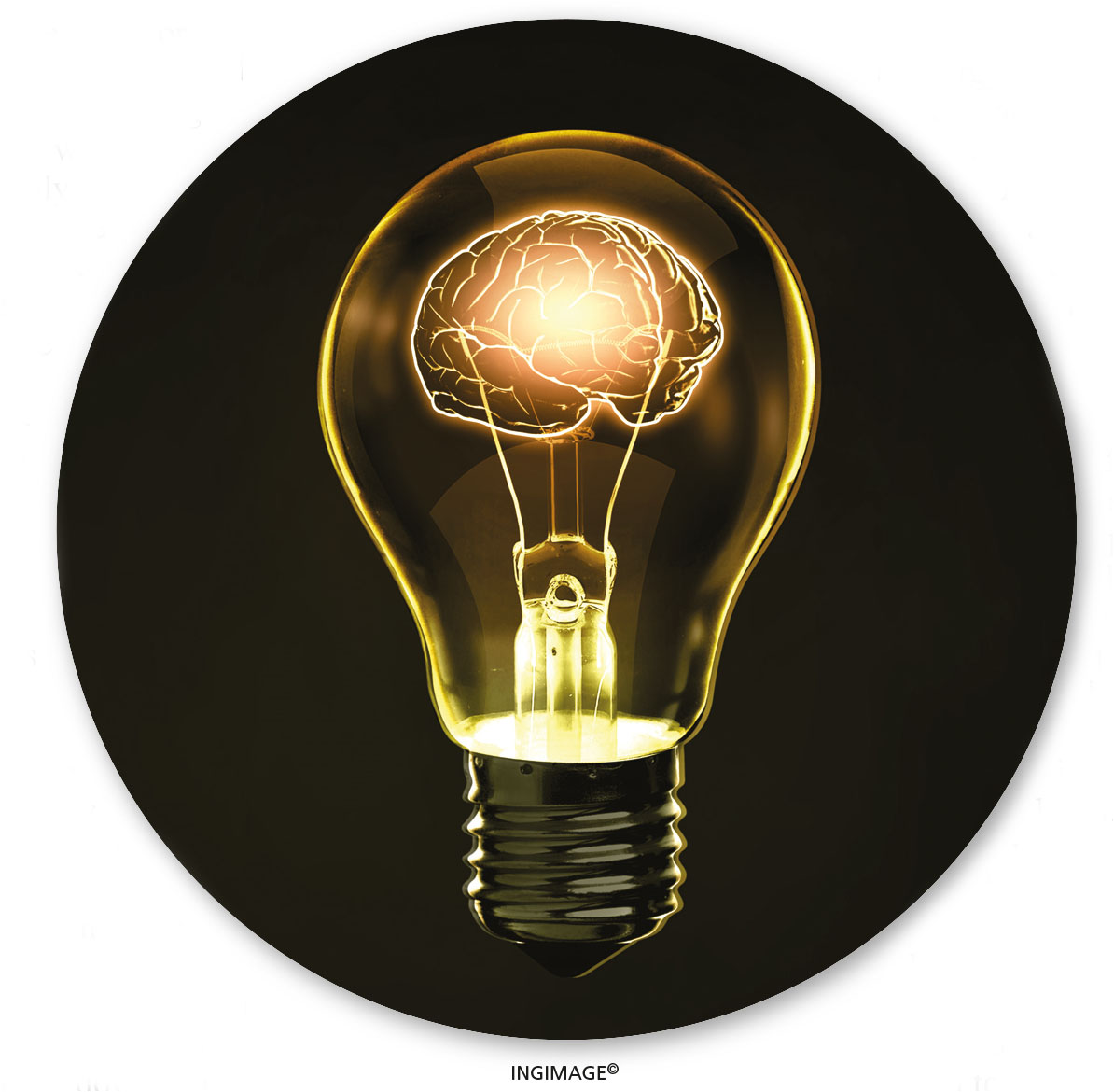MIND POWER
BRAIN GAIN
Archana Law offers pointers to make our brains work for us
It’s the 21st century, and the workforce and workplace are changing. Amidst all the other challenges, it is becoming commonplace for people to work in occupations that are mentally and creatively demanding. But since people are increasingly surrounded by potential distractions, using our brains optimally will become even more difficult.
Is it possible to develop effective strategies that help people to stay focussed amidst the noise and deliver great work under pressure? Is it also possible to not merely survive but succeed and thrive in today’s demanding work environment?
And will those who push themselves to work harder with an already exhausted mind and a weary body find that their efforts guarantee superior performance? Is multitasking the best and optimal way to achieve more in a limited time?
Technological changes have made the eight hour units of work rarer and rarer. As companies try to survive the economic downturn, dwindling workforces make it difficult to spread work, delegate or take a vacation. Shrinking your work week may not be an option.
Neuroscience tells us that we can increase the chances of maintaining our mental edge and functional independence throughout our lives by working on physical, mental and emotional fitness.
INNOVATION One of the most exciting discoveries in neuroscience in the past decade is that the brain is never truly at rest. During wakeful periods when your brain isn’t focussed on any particular thought, it is wandering or ‘zoning out’ – and at that time, a distinct network of brain regions called the ‘default network’ fires up. This default network is responsible for one of our most prized abilities too, which is the capacity to envision what it’s like to be in an altogether different place, time or world!
Google’s engineers have a day every week to work on whatever they want based on its ‘20 percent’ time policy. Similarly, marketing firm Maddock Douglas gives its employees 100-200 hours annually to do the same, and Twitter holds ‘Hack Week’ during which employees experiment and develop ideas away from their day-to-day duties.
RELAXATION We use a massive amount of energy to interact with the world and that tires our ability to think clearly. This indicates that our capacity for active thought is limited. Sitting quietly for even 10 minutes a day or using a relaxation response can help offset stress, which can take a toll on the brain. It’s also a good way to exert more control over your working life.
Connect more with family and friends, as fulfilling interpersonal relationships can help preserve mental and physical health. Do something different such as going outdoors, taking piano lessons and so on.
MINDFULNESS Practising mindfulness can help you focus; in fact, it can change the structure of your brain. To improve the way your mind works and increase your ability to focus, you need to be able to observe your own thinking. Living in the present, having real-time awareness of your experiences and an acceptance of what is… these lead to more control over what we pay attention to.
Among the many ways to practise mindfulness is to focus your attention periodically on physical sensations and incoming stimuli such as the feeling of the chair you’re sitting on. You’ll probably notice how your attention keeps slipping away from the present moment and the mind starts turning over the same old thoughts.
But the more you practise, the better you’ll become at noticing your focus shifting from real-time awareness of your experience to the mind’s distracting chatter and interpretation.
SPONTANEITY Experiencing something new stimulates the brain. It enables the brain’s receptors to adapt and activate new neural pathways.
By switching up your routine, you prevent getting into a rut of your own patterns. With spontaneity, you can change the structure of the brain while increasing your intelligence. The possibilities are endless and all you need to do is motivate yourself to try something new.
POSITIVITY When you are positive, your brain reduces stress and anxiety, which can kill brain neurons and stop producing new ones. By creating positive thought patterns, your brain cells increase rapidly to counter any losses due to stress. In addition to healthy nutrition, sound sleep and regular physical exercise, it’s important to check in with your brain to find out if it needs a tune-up to dust off the accumulated debris.
IMAGINATION Align the conscious and unconscious minds. Your unconscious mind is not out to get you; rather, it’s there ‘to get for you’ whatever you want in life. Use the power of your imagination along with physical effort to attain your goals – because your brain has the capacity to change.





